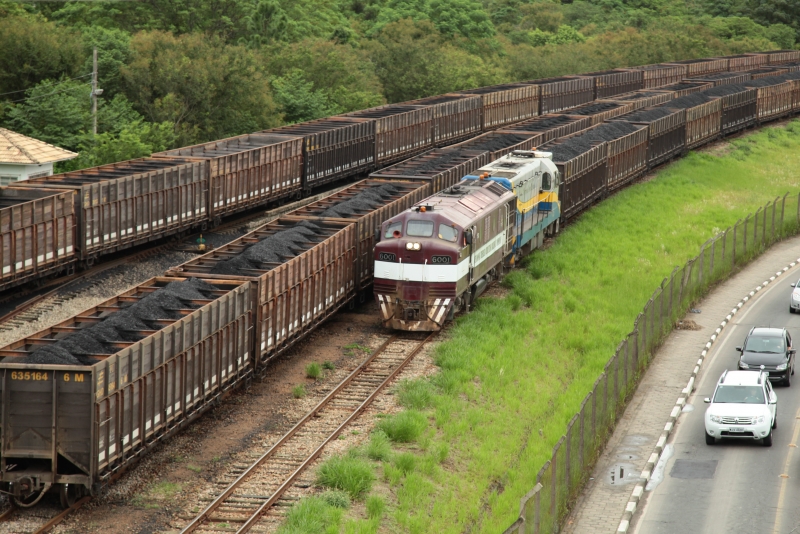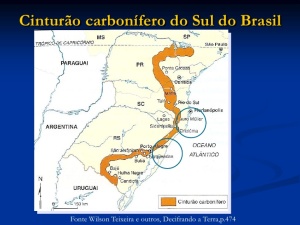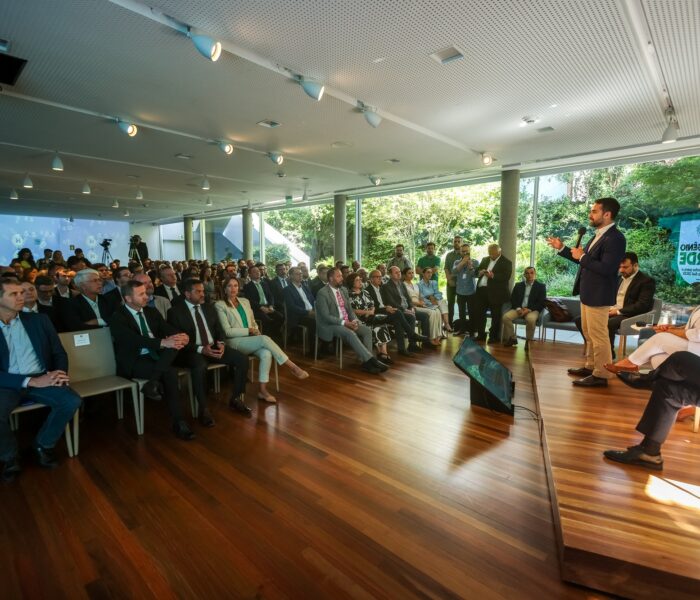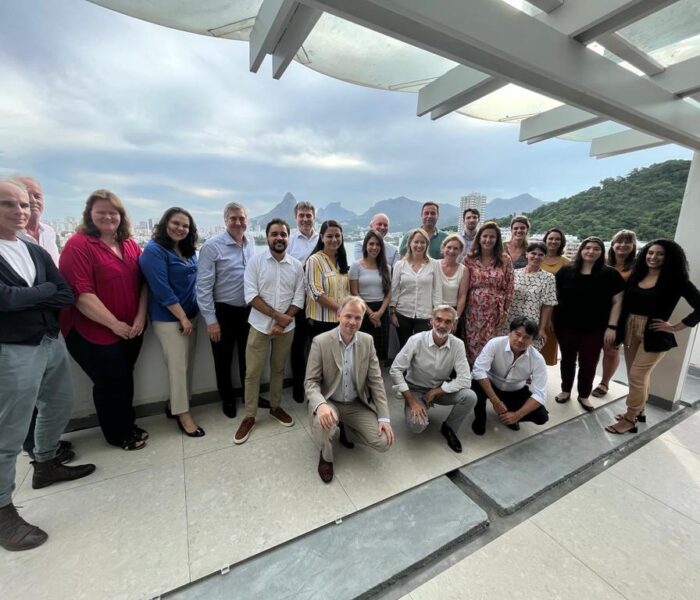Mineral Coal
Energy and economic development have such umbilical relation that we cannot speak on development without an ample infrastructure based on installed energy. The Federal Government has recently presented the new model of the Brazilian Electrical system. Due to this proposition, the State of Rio Grande do Sul becomes naturally inserted in this project with two new plants yet to be built – one from mineral coal.
Despite the fact that Brazil is running out of new electric sources of energy, the state of Rio Grande do Sul (RS) has doubled the traffic of energy from the major centres of the country. In order to make the demand satisfactory, the installation of new wind energy parks is another implemented projected developed for the supply of energy due to the reprimanded energy. RS today has an installed capacity of 4.620 MW, deriving of hydroelectric plants (63,8%), thermoelectric (30,8%) and of alternative sources of energy as windy energy (2,2%), biomass (0,2%) and PCH’s – small hydroelectric plants (2,9%).
The most recent project (now operating) in the energy matrix of RS was the installation of a windy energy at the Park of Osório, which is subdivided in three units – Osório, Sangradouro and Índios – with installed power of 150 MW that consists on the biggest wind energy park in South America.
The insufficiency of electric energy along with the competitiveness of hydraulic resources allows the thermal generation to become one of the focuses for the expansion of the national electrical system. The generation of energy from the mineral coal, with the application of modern technology is an alternative, and economically feasible, for the new matrix plant in South Brazil.
The commitment to develop the production of the mineral coal in Rio Grande do Sul is one of the major tasks of the current government; the mineral coal in situ is about 3 billion tons. They are distributed between two areas; one still in research phase and the others consigned for the federal regulating agencies.
One of the most important projects is the installation of a new thermoelectric plant – 100% from private investment. This venture was signed this week between the State of Rio Grande do Sul and Tractebel from Belgium, one of the int’l mammoths in the energy sector.
Conclusion:
With approximately 90% of the natural reserves in coal in Brazil, the state of RS, has one of the major coal reserves in the world, the discussion embraced the politics for exploration of this valuable resource, especially because technologies now are available and allowed to control the emissions and the efficient handling of its residues. The State of RS has recently defined parameters as a form to stimulate and attract enterprises. Exporting energy to Argentina and Uruguay will be one of the topics in a near future, if this tendency is maintained; thus creating vast possibilities for the Netherlands.
Reported by Luiz Bueno de Freitas Filho -Deputy Representative NBSO Brazil in Porto Alegre
![]()
![]() Projetos de Termoelétricas no RS
Projetos de Termoelétricas no RS











